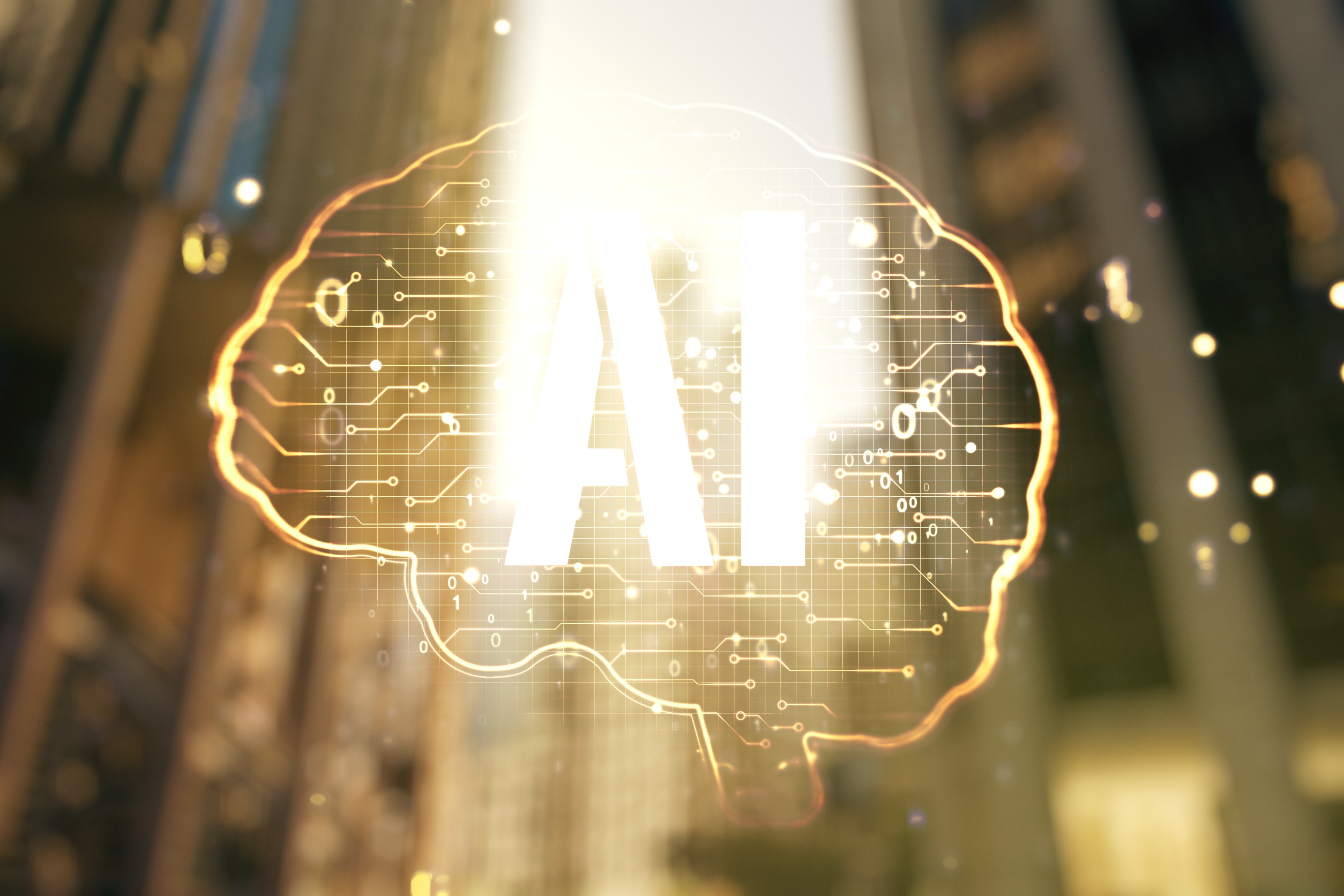Artificial Intelligence (AI) is making its mark as a game-changer. With its ability to analyze vast amounts of data, automate processes and enhance customer experiences, AI is revolutionizing policy and connectivity like never before.
My interest in AI dates back to 2009 when it wasn’t as widely known. With the recent ChatGPT boom, AI has become a common part of our daily lives (even outside of my tech bubble). I’m thrilled to see this growing interest, and I’m delighted to embark on this exploration of its impact on the field of wireless technology with you.
AI-powered customer service and support in telecommunications
Let’s talk about chatbots — the game-changers of AI technology in customer service. With AI, telecommunication companies can now offer personalized support, quick issue resolution and enhanced customer satisfaction. These AI-powered chatbots, virtual assistants and predictive analytics work round the clock, automating routine tasks and providing proactive assistance.
Imagine having routine tasks like bill payments and service activation done automatically, thanks to AI algorithms. Not only does this improve efficiency, but it also allows human agents to focus on more specialized requests.
AI’s predictive analytics can even spot and resolve potential issues before customers are impacted. By analyzing historical data and network performance metrics, AI algorithms detect patterns and anomalies, enabling proactive measures to ensure a seamless user experience.
And let’s not forget the personalized touch. AI analyzes customer data and preferences to offer tailor-made recommendations, promotions and offers, boosting customer engagement and loyalty.
Enhancing connectivity through AI in telecommunications
Artificial Intelligence is also transforming how we stay connected through our phones and devices in the telecommunications industry. With the help of AI, networks are getting faster, more reliable and efficient, making it easier for us to communicate with each other.
One of the ways AI improves our connections is by making sure the network works smoothly. AI looks at how much data is being used and automatically adjusts so we don’t experience delays or interruptions. It’s like having a smart traffic controller for our communication highways.
AI is also making sure the network is ready for the future. By looking at past data, AI can predict how much more data we’ll use, so companies can plan and invest in better infrastructure. This means we can keep enjoying streaming cute cat videos, team calls or our favorite games without any slowdowns. And when we talk about the upcoming 5G technology, AI is there to make sure it works like magic, ensuring faster speeds and less waiting time.
As AI continues to advance, our connections will only get better so we can focus on truly staying connected to the people and things we love.
The role of AI in improving cybersecurity in telecommunications
AI can also be the defender to cyber threats in the telecommunications industry, detecting and preventing security breaches.
Unlike traditional security systems, AI can analyze vast amounts of data in real-time, spotting patterns and anomalies that indicate a potential breach. This allows telecommunication companies to act proactively, stopping attacks before they can cause significant harm.
It also empowers companies to beef up their security. AI can assist in managing vulnerabilities by automatically scanning networks for weaknesses and recommending fixes.
As the telecommunications industry relies more on digital infrastructure, the role of AI in cybersecurity will only grow. By harnessing the power of AI, telecommunication companies can safeguard customer data and ensure the reliability of their services in the face of ever-changing threats.
Challenges and concerns of implementing AI in telecommunications
We talk about the benefits, but with great power comes great responsibility. While AI offers tremendous potential, we must address several challenges and concerns for successful implementation and to truly use AI for the good of all.
A critical challenge is ensuring the availability and quality of data. AI algorithms rely on vast amounts of high-quality data to make accurate decisions and managing such data from diverse sources can be complex. Prioritizing data privacy and security is paramount to fully harness AI’s potential.
Ethical considerations are at the forefront. AI systems can autonomously make decisions, prompting ethical questions in certain scenarios. Incorporating ethical principles such as fairness, accountability and transparency in AI design is essential. Clearly defined guidelines and regulations are vital to govern AI implementations responsibly and ethically. Not to mention, constant validation by a diverse and capable team.
Job displacement is a concern. Reskilling and upskilling initiatives can help our valued employees transition to new roles that align with AI’s capabilities, fostering a more agile and productive workforce.
To successfully navigate these challenges, a comprehensive strategy and policy for AI implementation is essential.
Impact and what’s next
I often discuss — and am deeply moved — by AI’s potential to become a true equalizer in our society. Beyond the convenience and efficiency it offers in our daily lives, AI holds the power to address much larger societal challenges, such as making quality education more accessible, closing the economic gap and uplifting the disenfranchised. It has the capacity to be a catalyst for positive change, providing opportunities to those who have long been excluded.
However, this transformational potential can only be realized if we unite and work collectively to shape the right policies and regulations. By steering AI towards a path of fairness, inclusivity and social impact, we can forge a brighter and more equitable world, where the benefits of this technology are truly shared by all.
Let us embrace this responsibility with determination and compassion, ensuring that AI becomes a force for good and a cornerstone in building a better future for every individual in our global community.

